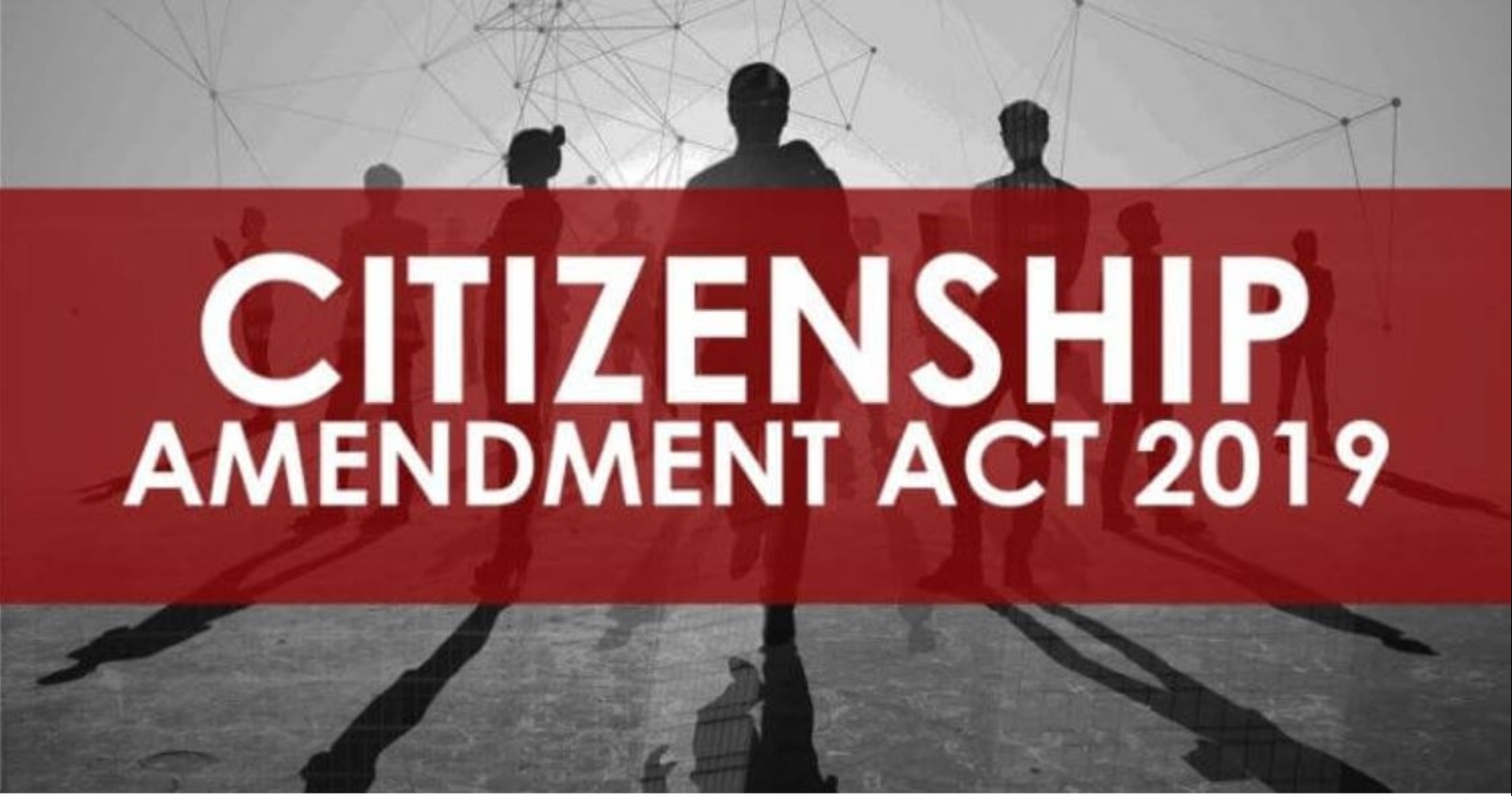The Home Minister also played down fears the CAA, and the NRC, or National Register of Citizens, will be used to target Muslims.
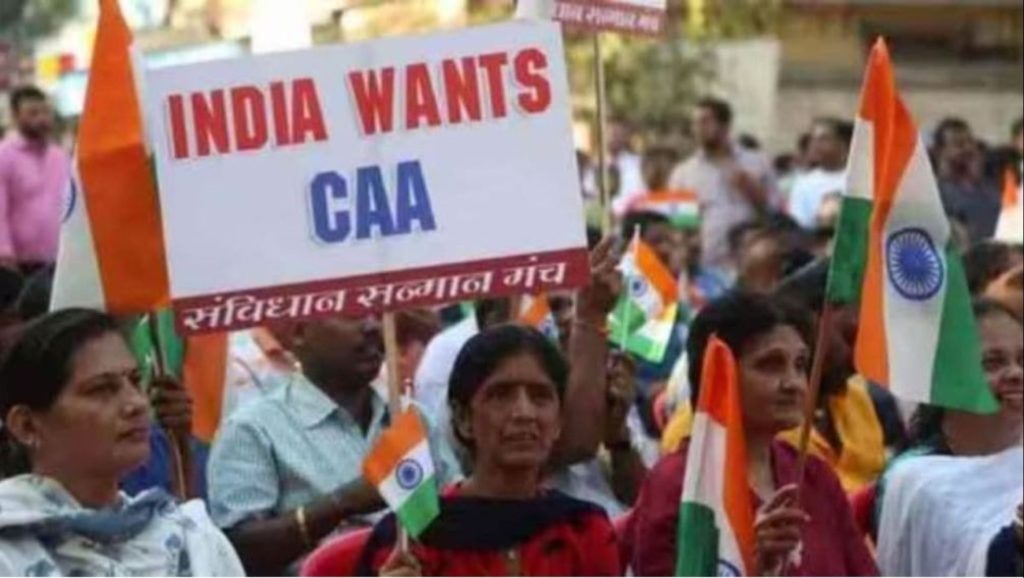
The Centre implemented the Citizenship (Amendment) Act, 2019 (CAA) on Monday, notifying the rules four years after Parliament passed the law, days before this year’s Lok Sabha election. To subscribe please click tau.id/2iy6f and access our live channel.
Despite receiving parliamentary approval in December 2019 and subsequent presidential assent, the CAA sparked widespread protests nationwide.
MUST READ: Election Commissioner of India Resigns
Many opposition parties criticised the law, labelling it as “discriminatory”. The protests and police responses led to the loss of over 100 lives.
What is CAA?
The Citizenship (Amendment) Act, 2019 (CAA) modifies the Citizenship Act of 1955, offering a pathway to Indian citizenship for Hindus, Sikhs, Christians, Buddhists, Jains, and Parsis migrating from neighboring Muslim-majority countries like Pakistan, Bangladesh, and Afghanistan before December 31, 2014.
Who can apply for citizenship?
According to Section 6B of the Citizenship Amendment Act, 2019, applications for citizenship through registration or naturalisation will not be considered unless the person is Individual of Indian descent, Minor child of an Indian citizen, Married to an Indian citizen, Parents are documented Indian citizens, Holds Overseas Citizen of India (OCI) status, Individual or either parent was an Indian citizen at India’s independence. A mobile app ‘CAA-2019’ will also be launched shortly to facilitate applications through mobile app.
Special Documents Required
- An affidavit verifying the correctness of the statements made in the application along with an affidavit from an Indian citizen testifying the character of the applicant.
- A declaration from the applicant that he has adequate knowledge of one of the languages as specified in the Eighth Schedule to the Constitution.
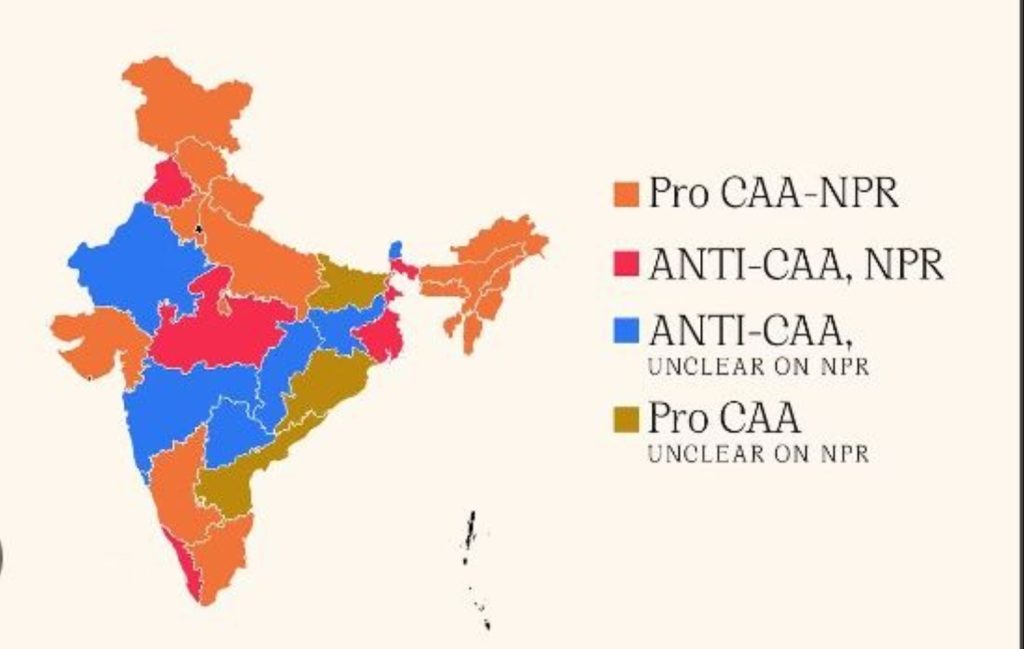
A Brief Past
Four years ago, on 15 December 2019, the same Shaheen Bagh became the epicentre of rousing protests over the passage of the CAA in Parliament a movement so powerful, it made headlines across the world.
Helmed by women, it lasted four months, even continuing during the pandemic, until the Delhi Police finally cleared the protest site two days after Section 144 was imposed in the national capital amid rising Covid cases.
Current Scenario on the Bill
- Immediately after the CAA’s implementation Monday, the university campus came under heavy police and paramilitary deployment, which increased after a protest by some students.
- Following the government’s announcement, police in Delhi’s Northeast district identified and patrolled 43 hotspots.
- Shaheen Kausar, who is vice-president of the Social Democratic Party of India, was a part of the Shaheen Bagh movement. She emphasises that there are no plans to organise any protests nor has any plans to move court.
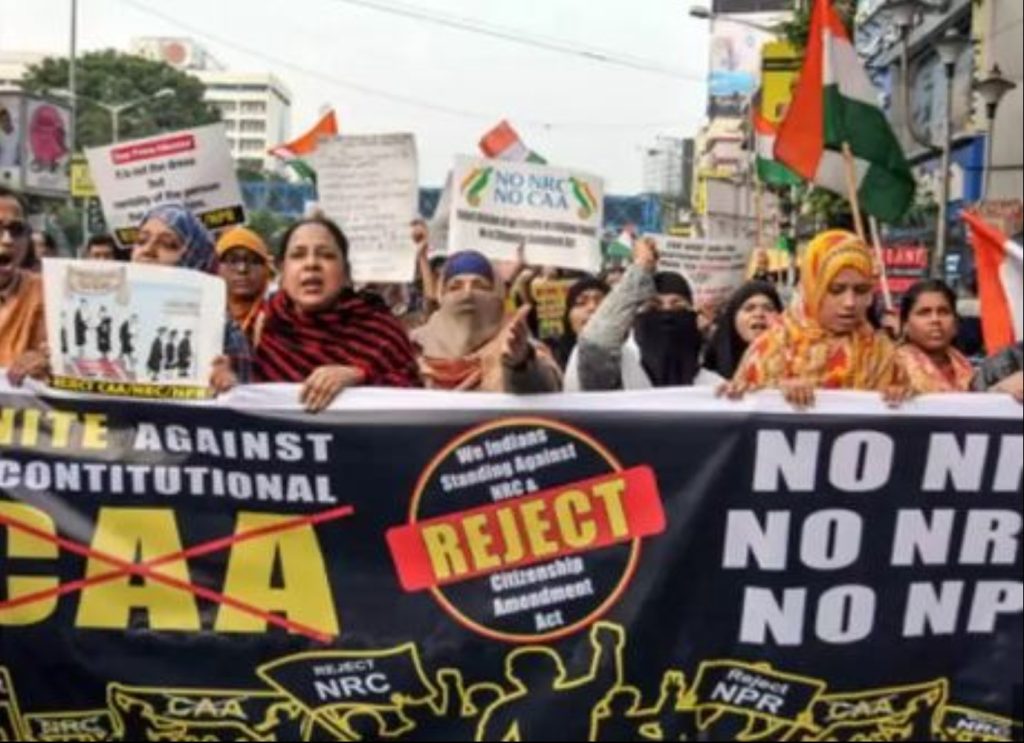
States Against the Motion
Protests erupted at several university campuses, including the Cotton University in Guwahati and the Dibrugarh University, Assam. The Madhya Pradesh government from the state also criticized the law.
Other states – like Kerala and Punjab – and others then ruled by the Congress (and now by the BJP) – such as Rajasthan and Chhattisgarh – also opposed the CAA and passed resolutions. In fact, the Bengal and Kerala governments also stopped all NPR, or National Population Register, and NRC work.
Where CAA does not Apply
The amendments introduced by CAA do not apply to areas covered by the Constitution’s sixth schedule. These are the autonomous tribal-dominated regions in Assam, Meghalaya, Tripura, and Mizoram. CAA also does not apply to states with an inner-line permit (ILP) regime — primarily in North-East India.
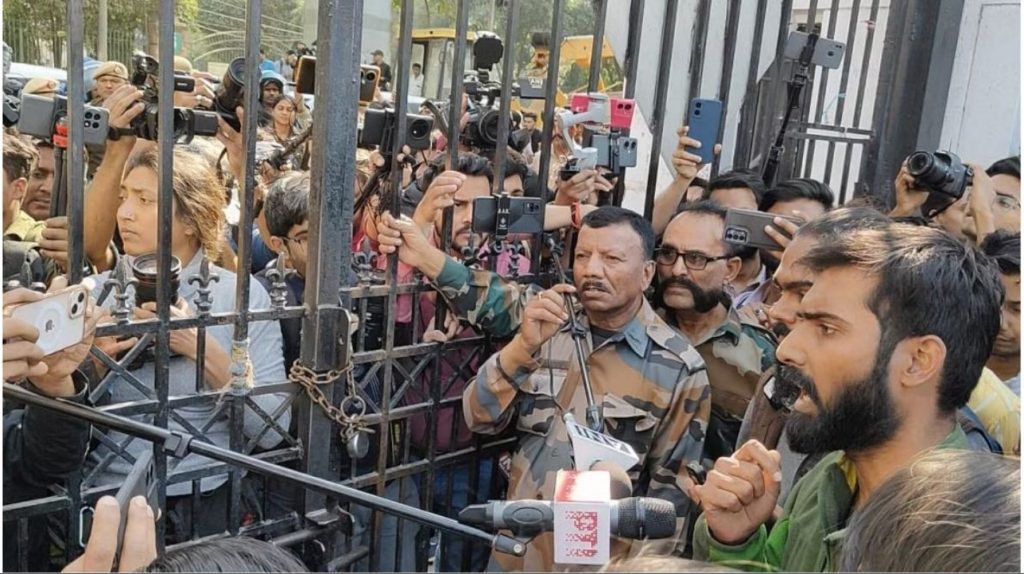
ILP is a special permit required for non-residents to enter and stay in these states for a limited time of time-period. ILP system is operational in Arunachal Pradesh, Mizoram, Nagaland, Manipur, Lakshadweep, and Himachal Pradesh.
Recent Updates on CAA
With the unveiling of the rules, the Modi government will now start granting Indian nationality to persecuted non-Muslim migrants — Hindus, Sikhs, Jains, Buddhists, Parsis and Christians — from the three countries. The rules comes into force with immediate effect.
“The Citizenship (Amendment) Rules, 2024 under the CAA-2019 have been notified. A new portal has been launched, persons eligible under CAA-2019 can apply for citizenship on this portal indiancitizenshiponline.nic.in,” the spokesperson said.
Conclusion
The government has said the Citizenship Amendment Act will help minorities from Muslim-dominated countries get citizenship if they fled due to religious persecution. However, critics say it discriminates against Muslims and violates the Constitution.

